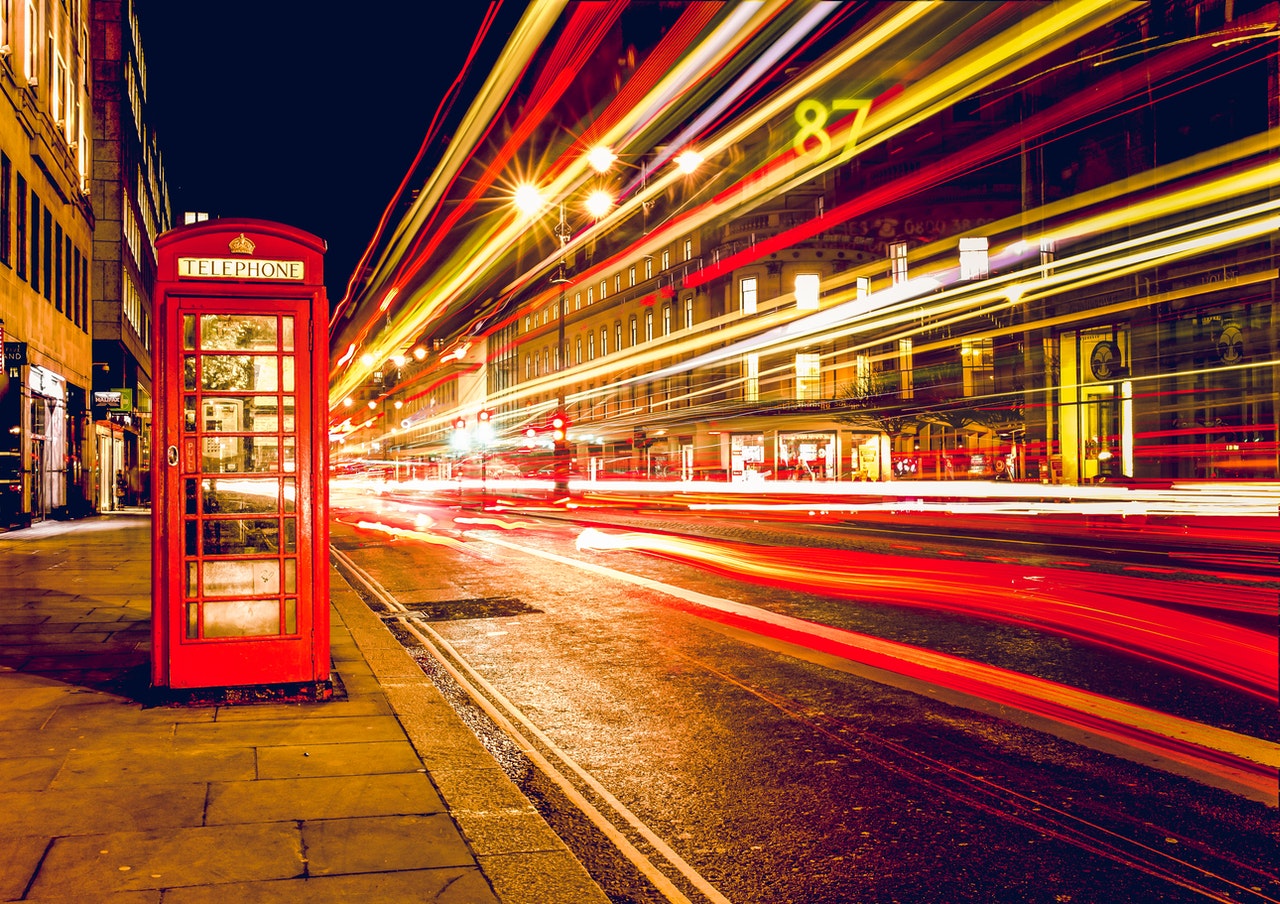
Open Innovation Model adopted by Transport for London (TfL)
Open innovation is becoming a buzzword for public sector enterprises. Open Innovation is the process of crowdsourcing solutions to solve the challenges or problems faced by the enterprise.
All transit agencies understand the importance of building an innovation ecosystem and integrating new solutions. We conducted a survey of public transit authorities and operators, 99% of the respondents worked or wanted to work with startups. However, the majority of them highlighted two key challenges –
a) How to engage with startups owing to limitations under the public procurement model?
b) How to find out the most feasible solutions for their problems?
Open Innovation challenges are becoming an important mechanism for addressing these issues. To manage challenges and prize competitions across its public departments, the US federal government operates an open challenge platform (www.challenge.gov).
TfL (Transport for London) is always a catalyst for mobility innovation, and it has many firsts to its credit, including traffic lights, metro trains, smart ticketing, open data policies, and so on. In order to engage with startups, the organization has also developed a one-of-a-kind commercial innovation model. Instead of a traditional RFP (Request for Proposal), TfL issues a problem statement and invites companies to solve it.
The Structure
TfL has set up a Commercial Innovation department as the nodal agency to drive the innovation within the organization. The department coordinates with executives from across many areas inc. Tech, Engineering, Commercial, Comms, Legal, buses, Tube, roads, safety, and others.
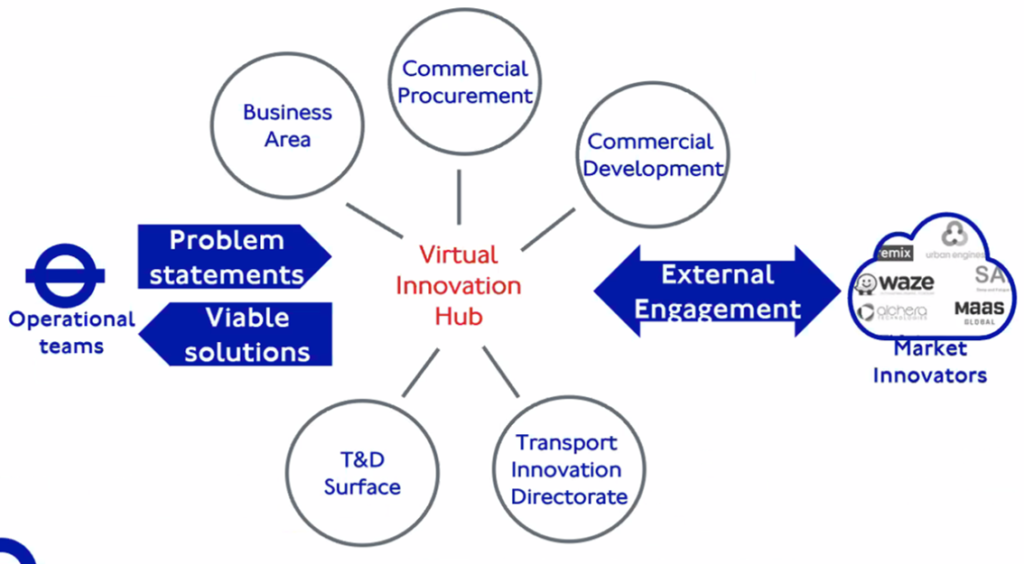
External Partnership
Further, the department has built partnerships with external stakeholders like accelerators, scouts, corporate partners, and the wider ecosystem.
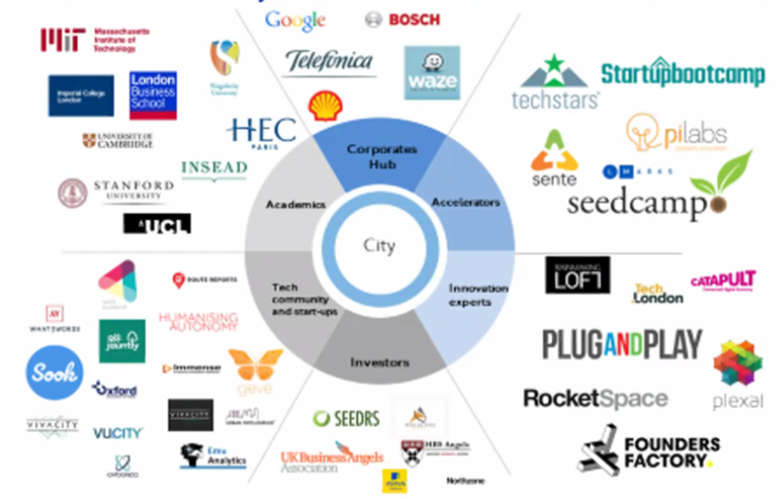
London Freight Lab
London Freight Lab was launched in 2020 with an aim to reduce the impact of freight in the city. The challenge was launched to develop innovative ideas to make the way goods move around the city safer, cleaner, and more efficient. As part of the challenge, TfL offered £20,000 in funding, land sites, and subject matter expertise. Six companies were selected as part of the challenge:
Vision Zero Lab
As part of Vision Zero Lab, TfL launched Bus Safety Innovation Challenge in 2019 to identify new, innovative products and solutions to improve the safety of TfL buses. London is committed to achieving zero deaths or serious injuries on London’s roads and public transport network by 2041.
All innovative solution providers were required to tie-up with London bus operator or manufacturer who should be the lead applicant. Five companies were selected as part of the challenge:
London RoadLab
This was the first innovation program, launched in 2019, to find solutions to reduce the adverse impact of roadworks. TfL partnered with utilities, London councils, and Plexal, an innovation centre.
The selected companies did 10 weeks of co-development with TfL to build innovative solutions. Four companies were selected as winners:
Sorry, the comment form is closed at this time.








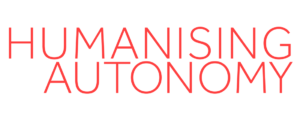
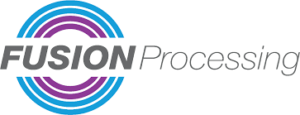


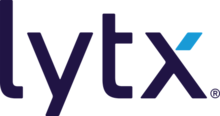
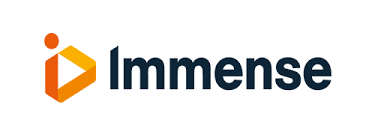



Pingback: Indian Railways launched Innovation Policy to promote 'Startups for Railways' - Mobility Innovators